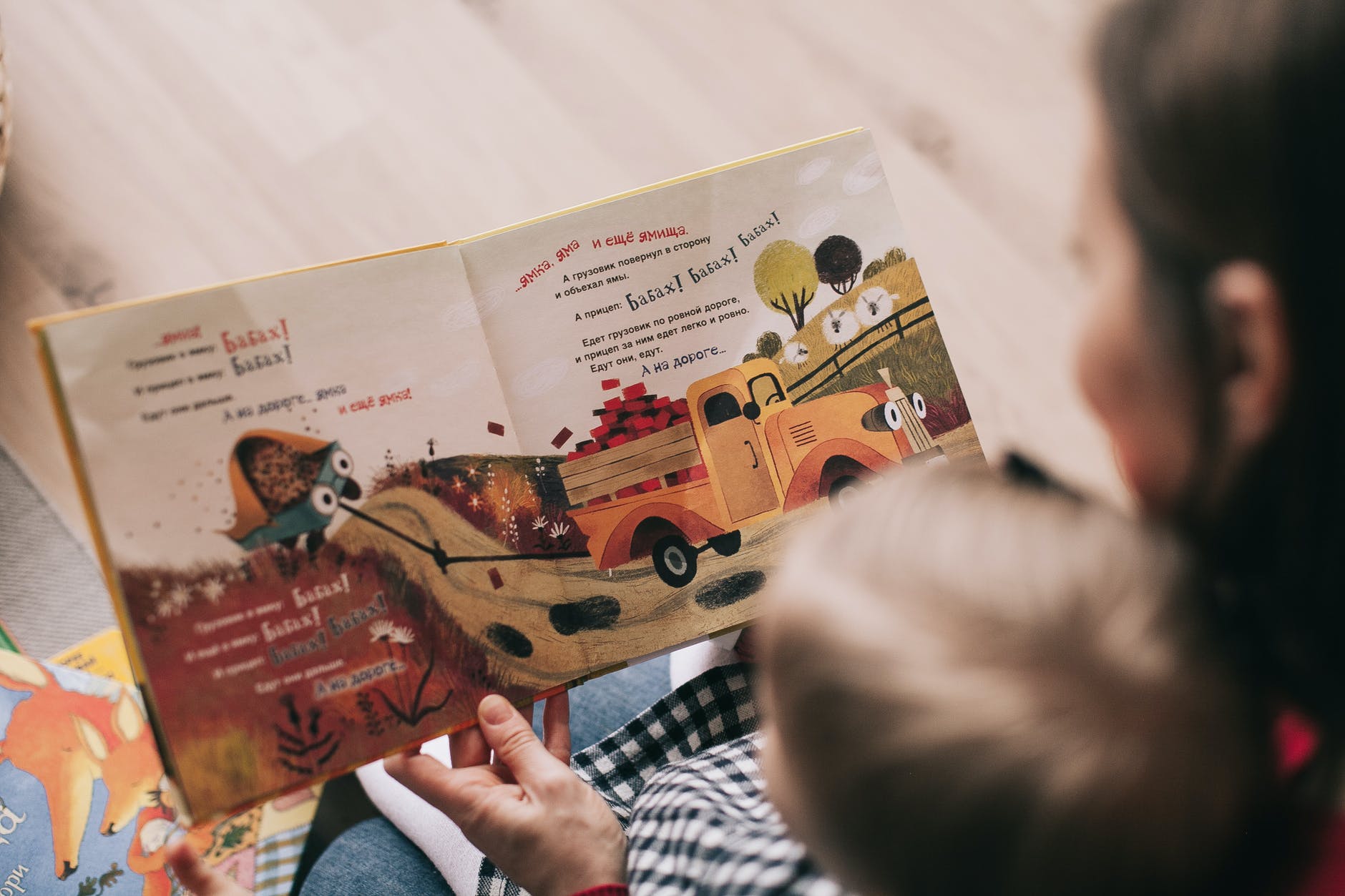Listen, I get that talking to toddlers can be exhausting. They’re not very good at it, they can be hard to understand, and the also love to repeat things.
For days.
If you’re hoping to raise a kiddo that’s self-motivated and reaches for big goals, though, how you talk to them while they’re little could make a difference.
Researchers have found that language development in early childhood is a huge predictor of later success in schools – and is also a big source of educational inequality.

Image Credit: Pexels
It’s not just the number of words, either, which is the theory we were working with for a long time that said middle-class kids were simply exposed to more words – around 30 million more – by the time they were three.
Now, more and more research is pointing to the idea that it’s actually the kind of language a child is exposed to that matters, as vital brain structures are forming, and cognitive functions are developing, during those years.
More Back-and-Forth Conversations
A 2017 study out of MIT found that parents who make less money tend to have fewer back-and-forth conversations with their kids, which stunted their language development.
They used brain scans of kids between the ages of 4 and 6 to make those determinations.
The more two-way conversation between the child and reader, the more activity there was in the kids’s brain regions that process and develop language.
These types of conversations will do more for a child’s language skills and their potential success in school than simply talking to them using big words.
This research is backed up by other findings, all of which show the frequency and context of parental interaction impacts their cognitive and language development – basically, how we respond to children’s questions affects their ability to learn.

Image Credit: Pexels
No Circular Language
The findings suggest that when your child asks a question, or about how something works, you should explain as you would to an adult instead of brushing off the question with an answer that will likely stop the conversation in its tracks.
Experts call this circular language – responses that simply reiterate information from the original question instead of adding new information – and suggest you avoid it when you can.
They also say that it doesn’t really matter whether or not your child can understand the entire explanation or not – they want the information.

Image Credit: Pexels
It’s important to remember that it’s okay if you don’t know the answer, because you want your child to realize that it’s okay not to know everything, and that learning is a lifetime job.
Try to avoid saying “I don’t know,” though, and leaving it at that. In this day and age of instant access to information, the better response is always to offer to look it up with them (even though you’re tired!).
Google is there, and Alexa, and old school books – you can always find an answer, and listen, maybe you’ll learn something in the process.
That’s what I call a double win.
